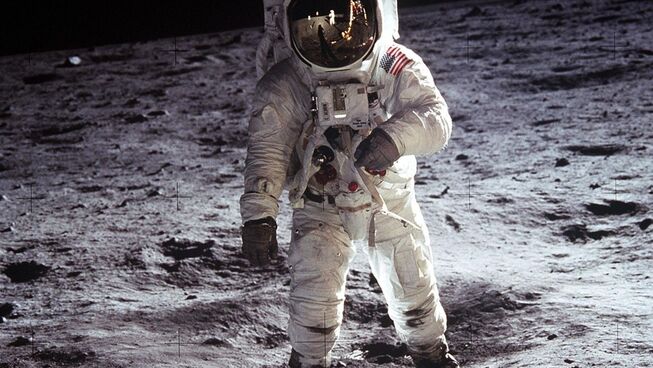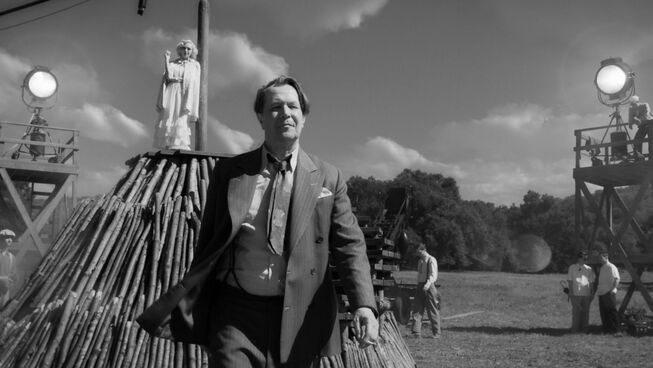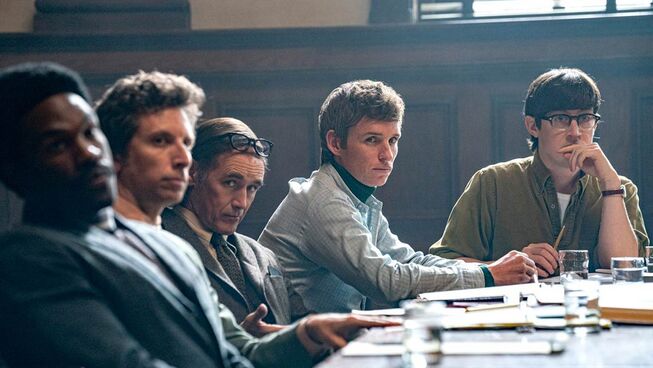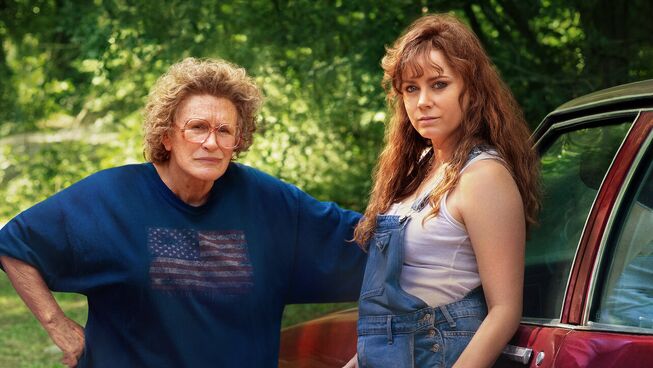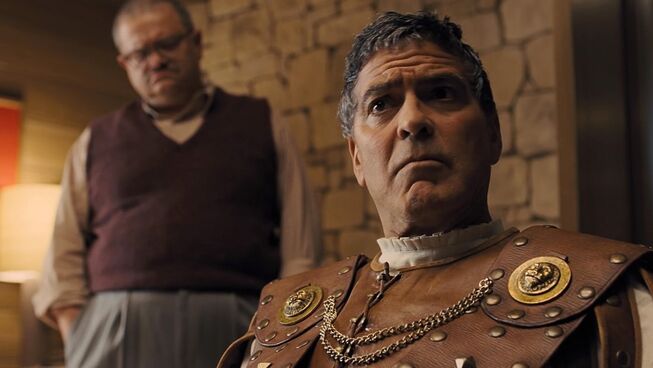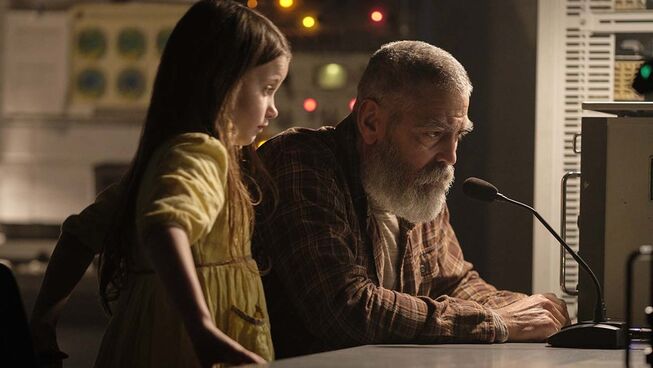
2 out of 5 stars
How is the world going to end? A question for the ages and one explored in the latest film from Academy Award-winning actor and director, George Clooney. Based on Lily Brooks-Dalton's novel, Good Morning, Midnight, her futuristic tale predicts humanity's dire end. During the final days of earth’s existence, one man holds the hope and future of the human race in his fleeting grasp.
The year is 2049, Augustine Lofthouse (Clooney) is the last inhabitant of one of the final outposts at the Arctic Circle. Despite dying from cancer, he is trying to hold on to his life to communicate with the last starship to return to earth. His purpose is to warn them of the mysterious global catastrophe that has decimated the majority of mankind. He attempts to encourage them to return to the planet they discovered on their exploratory travels that could sustain human life. As he tries to reach out to the deep-space exploration crew, the scientist must respond to two significant challenges to this task.
The first being that his equipment is inadequate to reach the astronauts, which means Augustine must travel to another remote station to contact the crew. With blowing snow, devastatingly low temperatures and packs of wolves outside, the crossing seems impossible for the ailing man. Especially when he realises that one of the former crew members of the observatory had left their child behind. As he attempts to figure out how to care for the mute little girl, the spaceship gets closer to entering Earth’s orbit. This leads the pair to leave the safety of the science facility to venture across the tundra to get to a weather station that has better communications systems. These parallel journeys explore how Augustine and the flight crew will manage insurmountable odds to survive, regain contact and find the last possible hope for the humans.
What seems to be a straightforward mission to reconnect with the wayward astronauts, turns into a narrative mess of impossibilities. Dramas based in science fiction can be given license to push the limits of plausibility. Still, this story takes things beyond the edge of possibilities to be mere fantasy. Even though it has a stellar cast and a compelling theme, the screenplay becomes an example of overreach and confusion.
George Clooney’s performance and direction paint a depressing picture of the plight of humanity. Even though the catastrophe is never indeed explained, the undertones point to climate change's familiar narrative. This is all accessible within the interpretation of Lily Brooks-Dalton’s novel, but it is the believability of the earthly and space journeys that cause this whole story to fall in on itself. From the survivability of Augustine and his young stowaway in the trek across the Arctic snow plains to the plan for the astronauts successfully inhabiting the ‘new earth’ causes this to move from a compelling drama to a painfully unrealistic consideration.
Clooney and the rest of the cast do their best to salvage the dramatic moments and provide a glimmer of hope. Yet, the underlying tone keeps dragging this tale down into the murky depths of despair. Even with an award-winning cast, great visual effects and an intriguing twist, The Midnight Sky does not equal the sum of its parts and fails to communicate anything of significance.
REEL DIALOGUE: How will the world come to an end? It is the question of the ages.
Books, film and religions all try to answer this query that plagues everyone at some point in their life. It can bring out fear in much of the population and conspiracy theorists who merely have to provide plausible answers to cause people to continue to ask the question.
What does the Bible have to say about it all? The book of Revelation can be a confusing and misunderstood book, but it is worth engaging with others on this informative text for a clearer answer of the end of the world as we know it.
‘But according to His promise we are looking for new heavens and a new earth, in which righteousness dwells.’ 2 Peter 3:13

